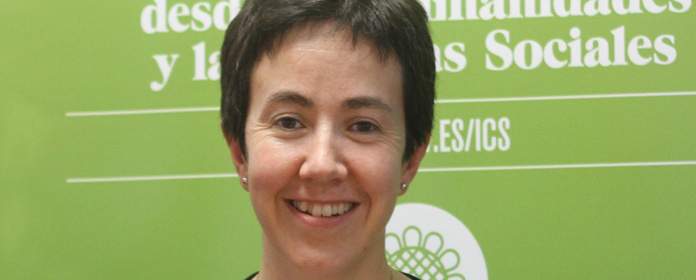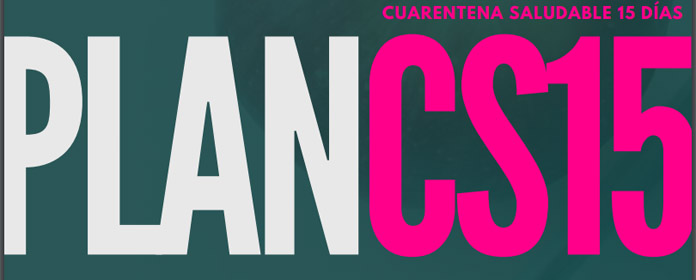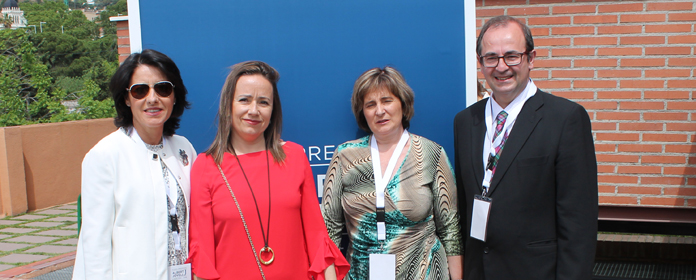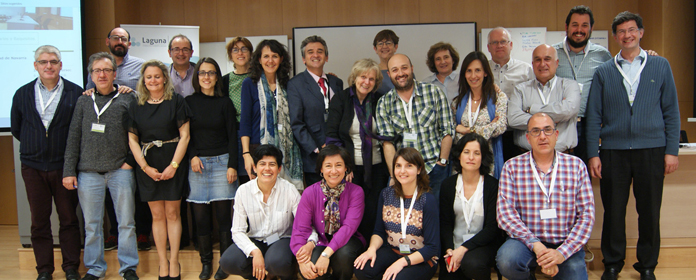Let's give it up for the health workers: programs of study confirms that gratitude generates positive feelings and gives them energy and motivation.
María Arantzamendi, researcher of the ATLANTES Program at Institute for Culture and Society, investigates the benefits of expressions of gratitude to health professionals in the specific case of palliative care.

PHOTO: Macarena Izquierdo
There have been numerous expressions of gratitude to healthcare professionals triggered by the COVID-19 pandemic. In this regard, María Arantzamendi, doctor in Nursing and researcher at the Institute for Culture and Society (ICS) of the University of Navarra, stressed that gratitude "is a recognition that what we are doing is really useful, is valued and makes a difference". In this sense, she pointed out that "while treating patients, very intense emotions arise because very significant situations and relationships have been shared and gratitude can be transformative".
That these demonstrations generate positive feelings in healthcare workers and provide them with energy and motivation to continue working is not only intuition: it is supported by programs of study. Precisely, one of the lines developed by the ATLANTES Program of the ICS has been analyzing for some time the effect of expressions of gratitude from palliative care patients and relatives, for example, through letters.
Professor Arantzamendi offers some figures from one of her research studies. In a survey conducted among Spanish professionals, 94% stated that gratitude increased their satisfaction, 91% felt more motivated, 75% felt more proud of their work and, for 90%, it was a support source in times of professional difficulty.
Thus, gratitude is present in the daily life of the health professional, in his or her interaction with the sick and their families. However, it takes on another nuance in times of crisis, as with the coronavirus pandemic. "These expressions help to continue, they provide energy to continue to get involved and do their work best, even in adverse circumstances," Arantzamendi said.
Initiatives such as applause at 8 p.m., donations of money and material, the willingness of students to collaborate... "These are very valid and important demonstrations, even if they are anonymous, they are more visible," he pointed out. He also stressed that, in these difficult times, the work of healthcare workers is more highly valued, because "we are more vulnerable".
For the researcher and nurse, these gestures on the part of society also have an impact, as do the individual displays by patients and relatives. They represent a shared recognition in which the work of a collective is valued.
At the same time, they generate gratitude in the professionals themselves and proactivity to continue contributing. "Health professionals are grateful that their dedication is perceived as a common good that is important at the societal level," he concluded.



